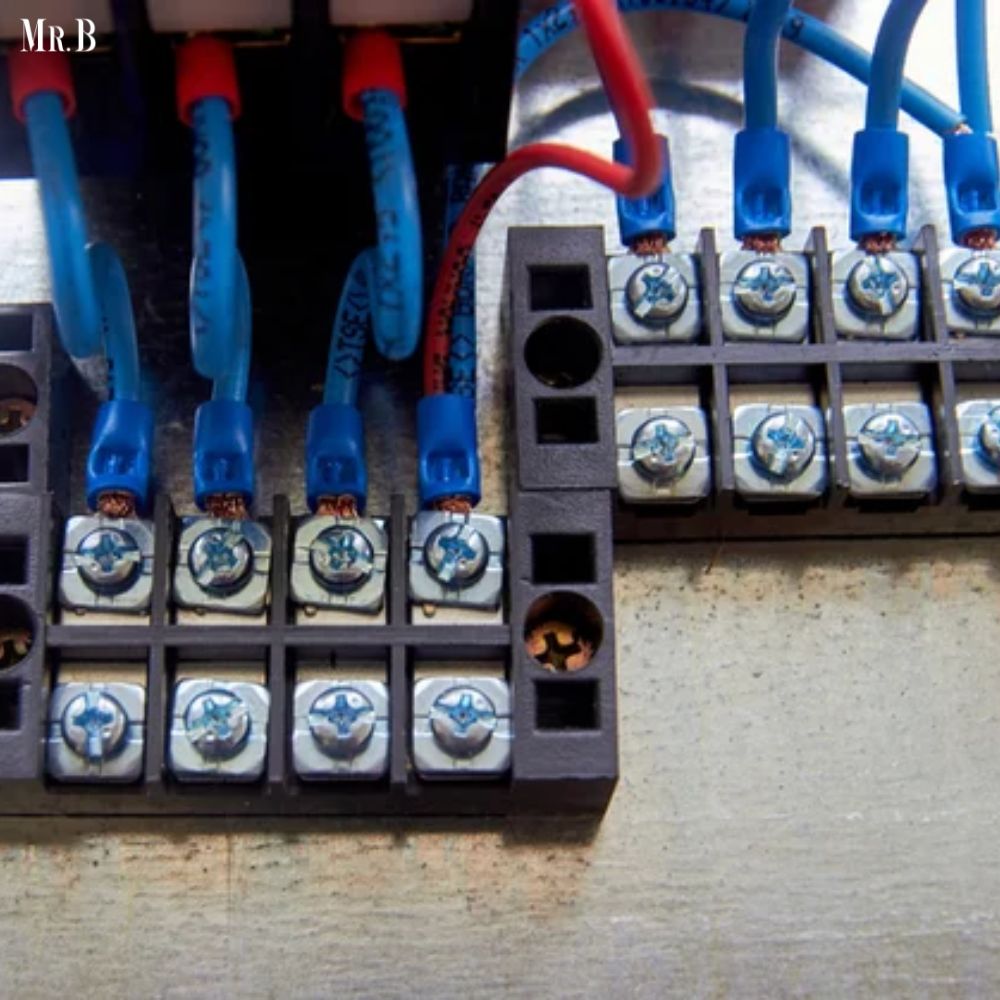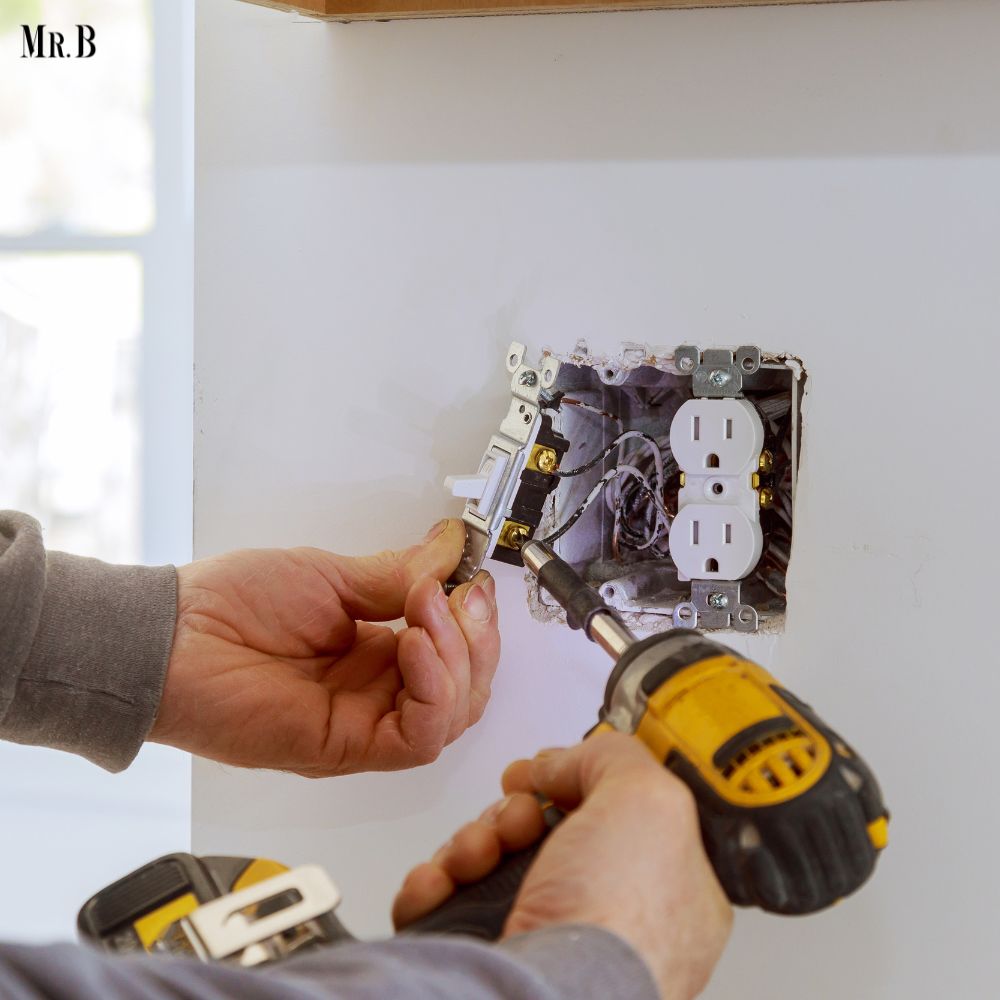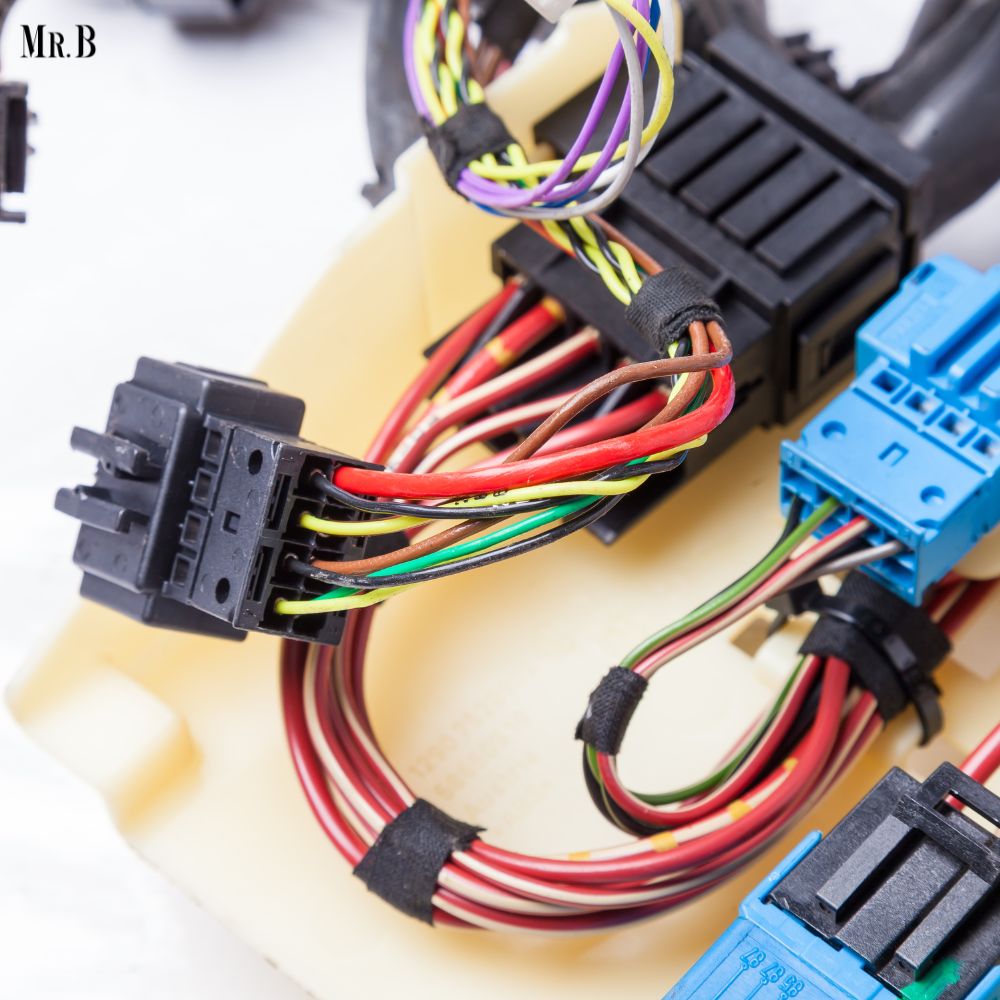The electrical wire connectors are devices that connect electronic circuits. In the intricate world of electrical systems, the use of electrical wire connectors is indispensable. These connectors serve as the crucial link that ensures a secure and efficient flow of electricity in various applications. Understanding their types, applications, and the factors to consider during electrical fitment is essential for anyone working with electrical systems.
Types of Electrical Wire Connectors:
Electrical wire connectors come in a diverse array of types, each designed for specific applications. Understanding these variations is key to ensuring proper connectivity and preventing potential hazards. Common types include:
1. Twist-On Wire Connectors:
Often referred to as wire nuts, these connectors are widely used for joining two or more wires together. They are a staple in residential and commercial wiring projects.
2. Crimp Connectors:
Crimp connectors use a mechanical crimping device to join wires. They are prevalent in automotive applications and are known for their durability and secure connections.
3. Push-In Wire Connectors:
Designed for convenience, push-in connectors allow wires to be inserted directly into the connector without the need for twisting. They are commonly used in residential electrical installations.
4. Screw-On Wire Connectors:
Featuring a screw mechanism, these connectors secure wires by twisting them together and tightening the screw. They are commonly used in lighting fixtures and electrical outlets.

5. Terminal Blocks:
Terminal blocks provide a secure connection for multiple wires. They are often used in industrial settings where a significant number of connections need to be managed.
Why Are They Needed?
The necessity of electrical wire connectors lies in their ability to establish and maintain secure connections between wires. They play a critical role in:
1. Ensuring Safety:
Connectors prevent exposed wires, reducing the risk of electric shocks and fire hazards.
2. Facilitating Repairs and Modifications:
Connectors make it easier to modify or repair electrical systems without the need to rewire entire circuits.
3. Enhancing Efficiency:
Properly connected wires ensure a smooth and efficient flow of electricity, minimizing energy loss.
Applications of Electrical Wire Connectors:
The applications of electrical wire connectors span various sectors, showcasing their versatility and importance. Some key applications include:

1. Residential Wiring:
In homes, connectors are extensively used for outlets, switches, light fixtures, and other electrical installations.
2. Automotive Industry:
Crimp connectors are prevalent in vehicles, providing secure connections for various electrical components.
3. Industrial Settings:
Terminal blocks and other connectors are vital in industrial environments where complex electrical systems require organized and reliable connections.
4. Renewable Energy Systems:
Connectors play a crucial role in solar panels and wind turbines, ensuring the efficient transmission of electricity generated from renewable sources.
Importance of Electrical Wire Connectors:
The significance of electrical wire connectors cannot be overstated. They contribute to the overall safety, reliability, and functionality of electrical systems. Key reasons for their importance include:
1. Safety Assurance:
Connectors prevent exposed wires, reducing the risk of electrical accidents and ensuring the safety of individuals.
2. Flexibility and Adaptability:
Connectors allow for flexibility in modifying or expanding electrical systems without the need for extensive rewiring.
3. Reliable Connections:
Well-installed connectors provide secure and reliable connections, minimizing the risk of electrical failures.
Factors to Consider During Electrical Fitment:
When undertaking any electrical fitment, it’s crucial to consider several factors to ensure a successful and safe installation. These factors include:
1. Connector Type:
Choosing the right connector type based on the specific application is paramount for optimal performance.
2. Wire Gauge Compatibility:
Ensuring that the connector is compatible with the wire gauge is essential for a secure and efficient connection.
3. Environmental Conditions:
Considering the environment in which the connectors will be installed helps in selecting materials that can withstand temperature variations, moisture, and other external factors.

4. Proper Installation Techniques:
Following recommended installation practices ensures the connectors are securely and correctly fitted, reducing the likelihood of issues.
Troubleshooting Common Electrical Wire Connector Issues:
Even with the best planning, issues may arise in electrical systems. Knowing how to troubleshoot common electrical wire connector problems is crucial. Some troubleshooting steps include:
1. Checking for Loose Connections:
Loose connections can lead to electrical arcing and other issues. Ensuring all connections are tight is a fundamental troubleshooting step.
2. Inspecting for Corrosion:
Corrosion can compromise the integrity of connectors. Regular inspection helps identify and address this issue promptly.
3. Verifying Compatibility:
Confirming that the connectors used are compatible with the wire gauge and application prevents performance issues.
4. Examining for Physical Damage:
Physical damage to connectors can impact their functionality. Visual inspections help identify any visible issues.
Environmental Impact of Electrical Wire Connectors:
Considering the environmental impact of electrical wire connectors is crucial in promoting sustainable practices. Factors to consider include:
1. Material Composition:
Opting for connectors made from environmentally friendly materials reduces the ecological footprint.
2. Recyclability:
Choosing connectors that are recyclable promotes responsible waste management practices.
3. Longevity and Durability:
Durable connectors contribute to a longer lifespan, reducing the frequency of replacements and associated environmental impact.
Conclusion
Electrical wire connectors are the unsung heroes of electrical systems, ensuring safety, reliability, and efficiency. Their diverse types cater to various applications, from residential wiring to industrial setups. Understanding their importance, considering key factors during fitment, and addressing common issues through troubleshooting are crucial aspects of working with electrical wire connectors. By incorporating sustainable practices and being mindful of the environmental impact, we can contribute to a more resilient and eco-friendly electrical infrastructure.







